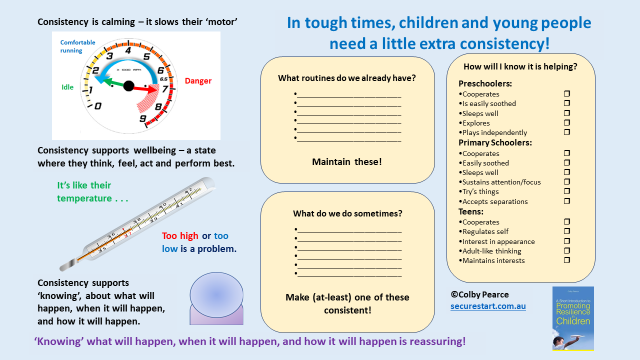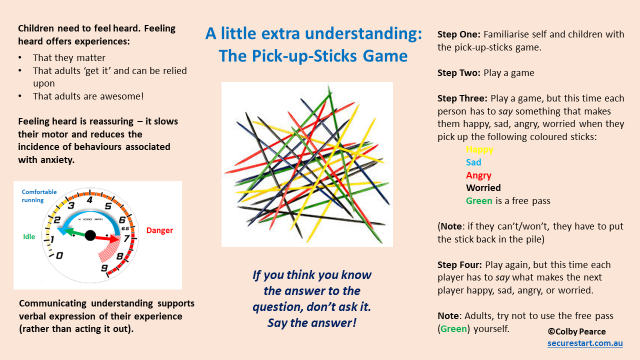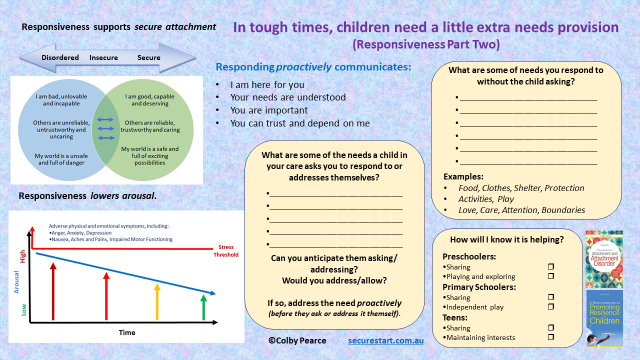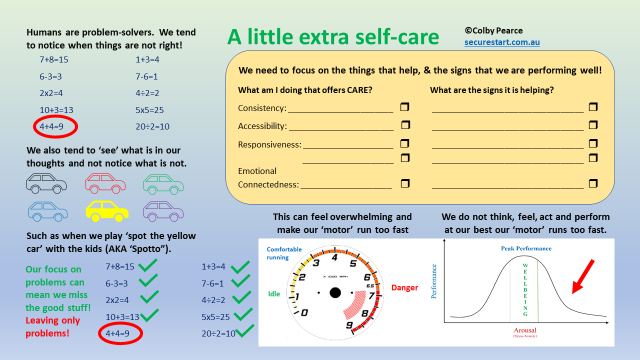We are experiencing remarkable times. The Coronavirus (COVID 19) has brought with it a great deal of uncertainty, for all of us. Uncertainty is stressful. Certainty allows us to predict what will happen, when it will happen, and how it will happen. Predictability allows us to get on with what we are doing unhindered by uncertainty about what lies ahead. When the road ahead is difficult, predictability allows for preparation.
Consistency, such as in the routines we maintain in everyday life, supports experiences of predictability. Consistency is reassuring.
It has long been accepted that children need consistency. This is, in part, because consistency is optimal for learning about how the world works and how to influence the world. This perception of influence is a powerful source of reassurance. The importance of consistency is also in its effect on children’s nervous system. Consistency is calming. Consistency supports a confident approach to life and relationships. Consistency supports successful endeavour and a perception of competence.
Consistency acts as a buffer against stress and uncertainty in troubled times. This is true of all of us. We need to maintain what routines we can, for our own wellbeing. Our wellbeing will ‘rub-off’ on the children and young people in our care.
Nevertheless, children (and young people) will benefit from a little extra consistency in these troubled times. In support of parenting and caregiving endeavours in this regard, I have prepared the infographic below. You can download a PDF version here.

I would encourage you all to maintain as many of your typical routines as you can. I would also encourage you to offer the child or children (and young people) in your care a little extra consistency. It is important to be aware of what you already do that helps, as well of the signs that your that you are making an impact. I explain this further in an article about self-care here. I wish you well in your endeavours and look forward to sharing more guidance with you, and brighter times ahead!
The CARE Model is explained in more detail in A Short Introduction to Attachment and Attachment Disorder (Second Edition). To purchase the book, and support this site, please consider doing so from one of the sites below by clicking on the caption:

A straightforward guide to keeping things on track in the home during tough times. Includes printable worksheets – see preview below. 18pp
Pay/donate what you want:
Or, download here.
Preview:



















